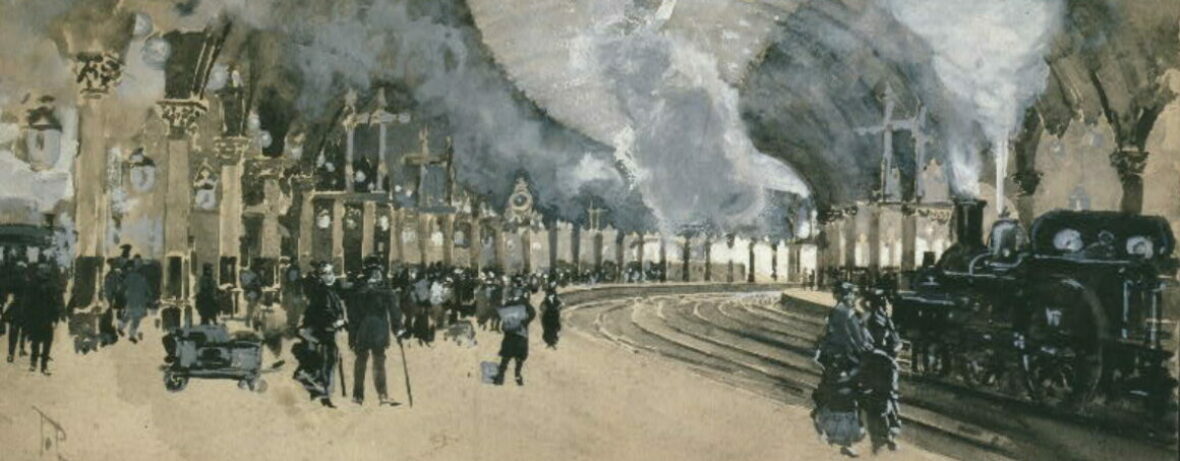
Andrei SORESCU is an early career researcher working on the intellectual and cultural history of nineteenth-century Europe, with a particular interest in placing the development of Romanian nationalism in a transnational context. His PhD (UCL 2019) has examined the concepts through which agency was imagined to be distributed across time, space, and class by Romanian nation-statebuilders, and how certain historical absences or presences were imagined to act as fetters or catalysts for national development. He has also recently completed a short project on the portrait of the Russian Tsar as a subversive political object in independent Romania, and another on how, around the turn of the twentieth century, nation-builders in the Kingdom of Romania imagined ethnic Romanians outside their borders not only as victims of de-nationalisation, but – surprisingly – also as models for socio-cultural development, despite perceived imperial oppression. Currently, he is a fellow at the Research Institute of the University of Bucharest (ICUB), working on a history of fin-de-siecle Romanian antisemitism, its colonial imaginary, and its entanglements with other like-minded European movements.
Selected publications:
“Peddlers, Peasants, Icons, Engravings: The Portrait of the Tsar and Romanian Nation-Building, 1888-1916”, New Europe College Ştefan Odobleja Program Yearbook 2019-2020, pp. 209-246
“Inventing a Prosthetic Bourgeoisie: Romania and the Aromanians, 1848-1906”, Nations and Nationalism (ahead of print)
“National History as a History of Compacts: Jus Publicum Europaeum and Suzerainty in Romania in the Mid Nineteenth Century”, East Central Europe, 1/2018, pp. 63-93
“Funcționarism: la rhétorique de la corruption morale et institutionnelle au XIXe siècle en Roumanie” in Olivier Dard, Silvia Marton and Frédéric Monier (eds.), Moralité du pouvoir et corruption en France et en Roumanie, XVIIIe-XXe siècles, Presses universitaires de Paris-Sorbonne, 2017, pp. 83-97
